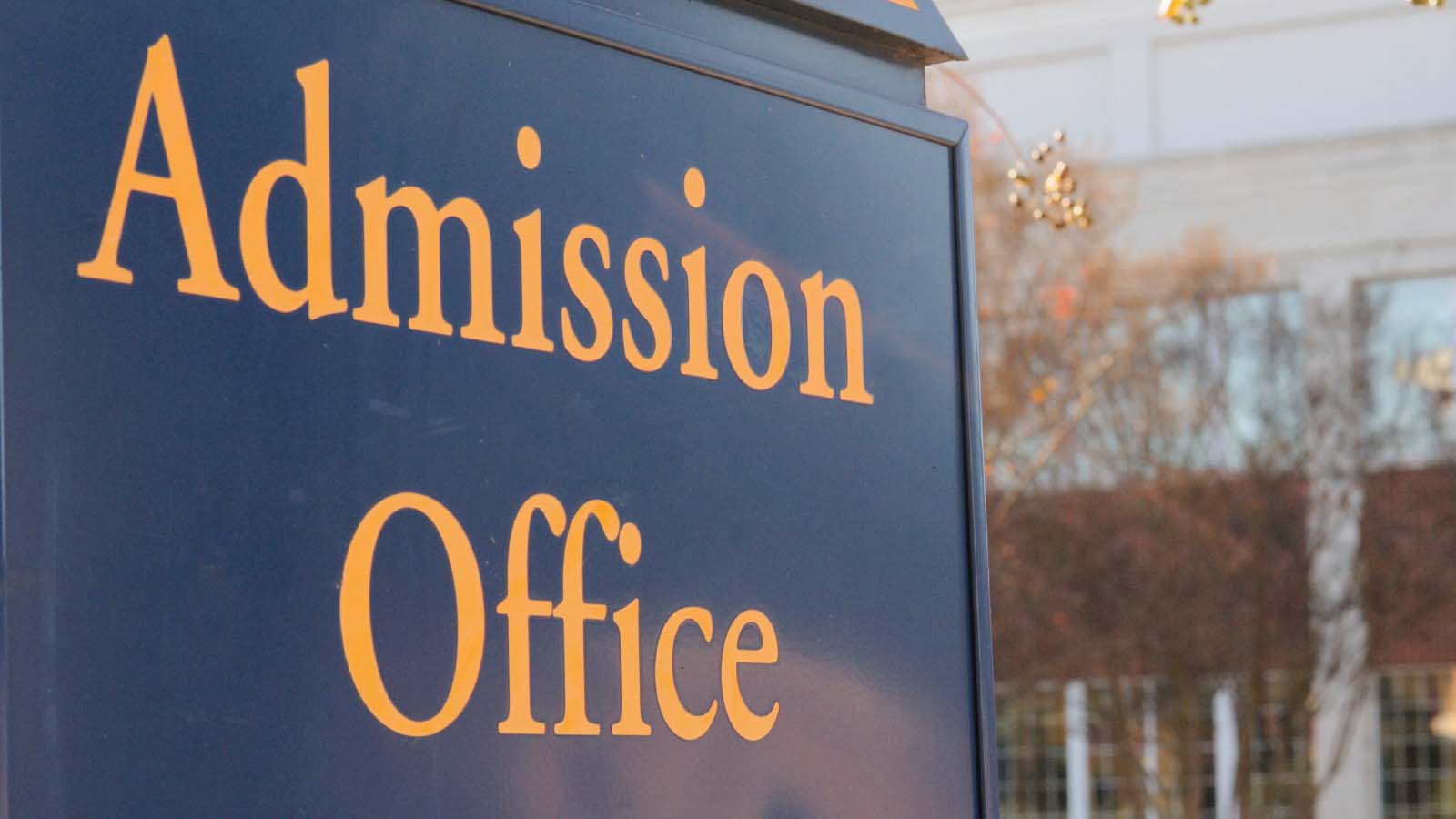
Years ago, when our youngest daughter was a junior at Trinity, an exclusive private school in Manhattan, my wife and I attended a meeting with other parents in a large auditorium to listen to admissions officers of four of the eight Ivy League schools. They all spoke about their schools, and what was required for entry in terms of SAT scores, grades, and extracurricular activities. The last speaker began her talk with the usual bromides, but towards the end, she let her hair down and said what none of the others were willing to say – that money clearly counts. She said, look, I’m not going to kid you, if you can build a library or a science lab or a new gym, your child is in. An audible gasp rose from the audience.
That was pretty crude for an admissions day presentation.
Since then financial naivete has faded. We all realize that if you want to get into Harvard, it is not a good idea to be Asian-American. But it is a splendid idea to be a member of the Saudi Royal family. And when former Harvard president Larry Summers pointed out that Harvard’s Kennedy School had not yet given an award of any kind to anyone who wore a uniform for a living, we knew why.
Today’s revelations about corruption and bribery to get underqualified applicants into name colleges are likely just the beginning of a broader story. Apparently, rich people have been paying from $50,000 to $1.2 million to buy junior’s way into college. The University of Southern California seems to be the college most named in the scandal. But that is because most of the early reporting has been from Hollywood. Yale has been tagged a few times, but the east coast establishment is pretty well defended by the press. But again, the story has a long way to go.
All this moaning and groaning about “corruption” in the admissions process assumes that there is a Platonic standard for “fairness.” Just SAT’s? And, does this Platonic standard apply equally to all schools? Can somebody enlighten me on this ideal standard. Once established we can then calibrate degree of unfairness. Until that time, this is all posturing.
My wife’s brother is managing partner of a large venture capital company. He told me they won’t even look at applicants that haven’t graduated from a very short list of schools (MIT, Caltech, most Ivy’s, Stanford, Berkeley, Duke, UT Austin, U. of Washington) . They are also unlikely to fund entrepreneurs who haven’t graduated from the same list.
This is just the Nordstrom version, I’m waiting for the WalMart version to break.
There are lots of mid-level state schools and I have no doubt the same sorts of games being played there as well.
And it’s not just to get in but to stay in — to get junior back in after he’s been booted for misbehavior. For example, UMass Amherst kicked a lot of kids out for the various riots, with some mysteriously reappearing without explanation. Rumor had it that $30K-$40K in cash would get junior back in.
I agree that this story has a long way to go – and I’m waiting for the Massachusetts nexus to appear as there has to be one for the Massachusetts US Atty to be bringing these cases. The other two wild cards are the failed Mt Ida College and the failing Hampshire College — who knows what an intrepid forensic accountant might have found, or who so found might have been willing to make a deal.
And could this be the pin that bursts the Higher Ed Bubble?
It’s important to pay people who might otherwise be corrupted well. That’s one if the reasons why we shouldn’t complain about police officer pay. Test center proctors and administrators are given next to nothing. Big mistake.
The students who were admitted under false pretenses should forfeit their degrees, whether they knew or not.
If our best and brightest aren’t actually our best and brightest, the future of our country is certainly compromised.